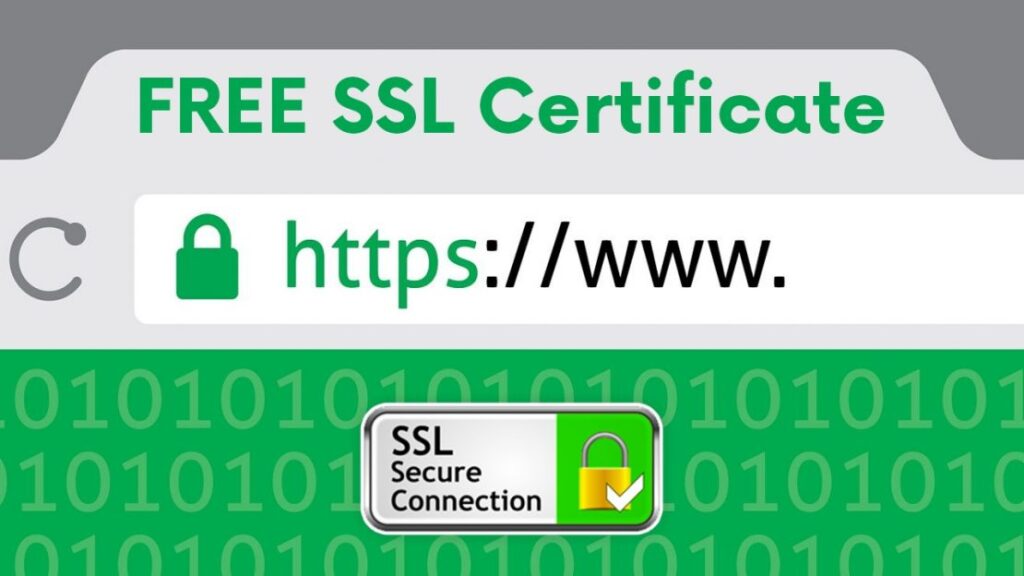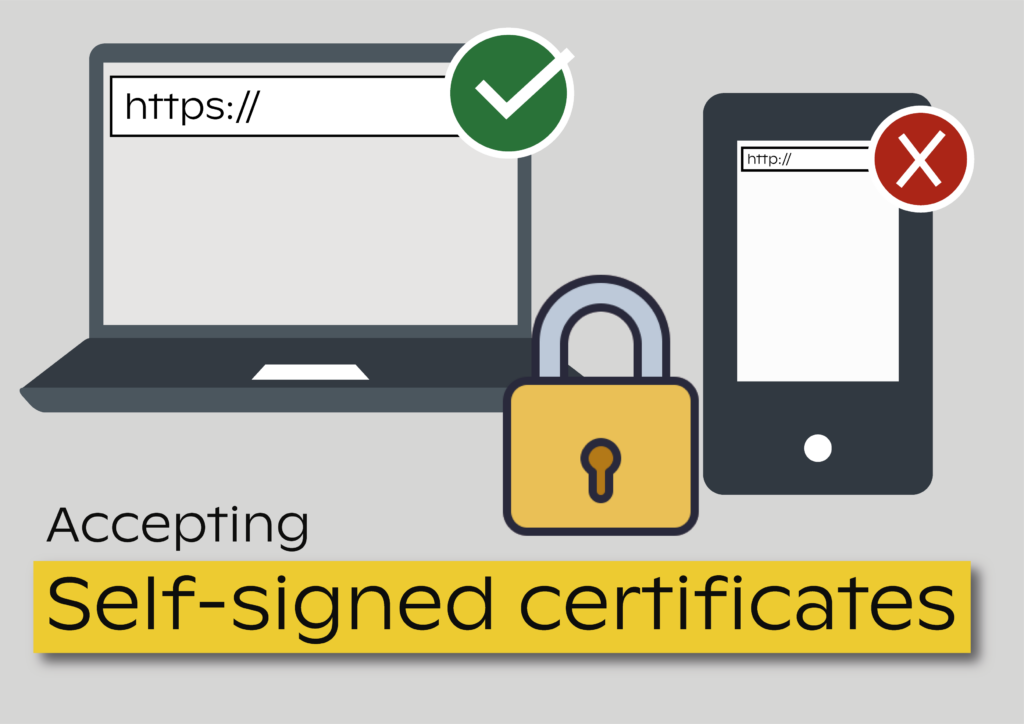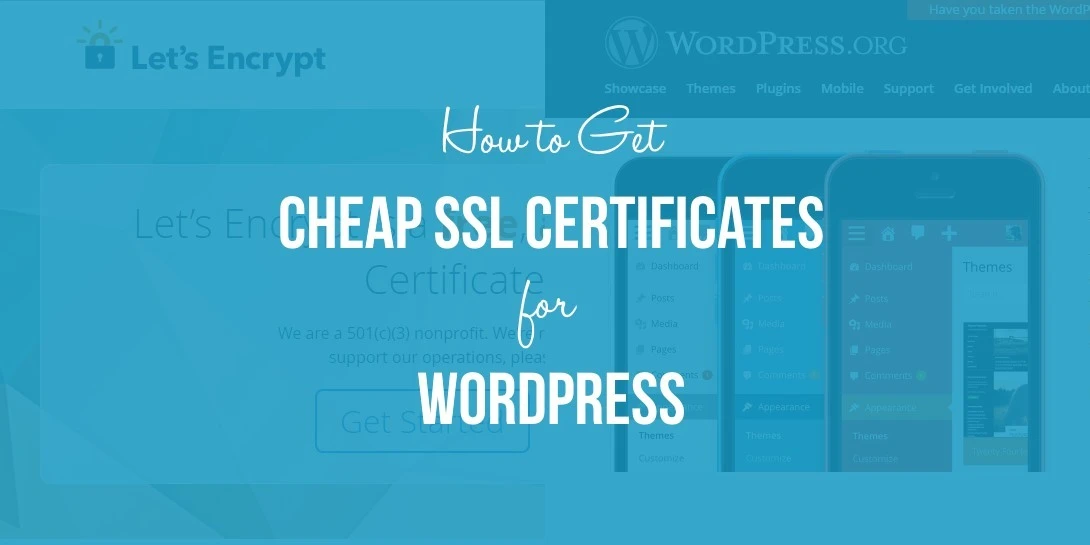In this digital jungle filled with hackers and sneaky scams, safeguarding your website and users is crucial. That’s where the Secured Socket Layer (SSL) swoops in like a mighty hero, protecting your valuable personal information. But hold your horses, partner! SSL comes with a price tag, and if you’re running multiple sites that need SSL, those costs can pile up faster than tumbleweeds in a storm. So, how can you save your hard-earned dollars when trying to get SSL certificate? Saddle up and let’s ride through the wild west of cost-cutting tips.
Page Contents
The level of site verification

First things first, consider the level of site verification you really need. When it comes to SSL certificates, you have two options: the basic “Domain Validated” Certificates and the Enhanced Verification (EV) certificates. Both certificates are signed by a third-party Certificate Authority, ensuring that the sender is legit. But here’s the catch: The Domain Validated certificates only verify that the site belongs to the certificate owner. They don’t dig into the owner’s integrity and reliability, leaving a gap wide enough for sneaky hackers to slip through. So, if you’re a trustworthy hombre and don’t mind taking some risks, the basic certificates might be your ticket to saving a few bucks. But remember, those varmints can hijack Domain Name Servers, snatch fake Domain Validated certificates, and lead your visitors down the wrong trail. Plus, think about the priceless value of customer trust. Can you really put a price tag on that?
Now do the comparison shopping
Alright, partner, now it’s time to hitch your horse and do some comparison shopping. The beauty of the internet is that you can rustle up the best deal with just a few clicks. So, mosey on down to different Certificate Authorities and see how their prices stack up. You’ll find that the oldest and largest authority, VeriSign, charges a pretty penny. But fear not, my friend! There are plenty of other trustworthy authorities offering comparable certificates at a fraction of the cost. VeriSign may saddle you with a hefty bill of over $200, while you can lasso similar certificates for under $50 elsewhere. Yeehaw!
Consider longer subscriptions
Now, here’s a trick straight from the cowboy’s handbook: long-term discount plans. If you’re in it for the long haul and plan to ride the SSL trail for multiple years, many Certificate Authorities will cut you a deal. So don’t be afraid to wrangle up some savings by signing up for extended periods. That’s money in your saddlebag, partner!
Sub domains can as well save some bucks

Got yourself some subdomains? Well, lucky for you, there’s a wildcard SSL that can come to the rescue. One wild and adventurous SSL can cover your main site and all its little sub sites. It’s like roping in peanutbutter.com, crunchy.peanutbutter.com, and smooth.peanutbutter.com with a single swing. That’s a mighty fine way to save your cash, ain’t it?
Think about the unified communications SSL certificate
But hold your horses, there’s more! If you’re the sheriff of multiple domains and host names, a Unified Communications (UC) SSL certificate is your trusty sidekick. This versatile certificate can be slapped onto multiple domains and host names, riding alongside your primary domain and up to 99 alternate names. Microsoft Exchange and Microsoft Live server operators swear by this bad boy, as it saves them a wagonload of money. Talk about hitting two birds with one stone, partner!
Free certificates can still do

Now, some folks might say, “Hey, why pay at all when there are free SSL certificates?” Well, don’t let those shiny offers blind you like the sun on a hot summer day. Free certificates may seem like a sweet deal, offering the same secure and encrypted communication as other certificates. But here’s where things get dicey. Either it’s a limited-time trial or an “unsigned SSL Certificate.” Sure, you can give those trials a spin without breaking a sweat, but when it comes to the long haul, you best be looking for a reliable solution.
What about the unsigned SSL certificates?
But beware, amigo, of those unsigned SSL Certificates! They’re like a snake in the grass, silently waiting to strike. They skip the third-party verification step, leaving your visitors vulnerable to scams where hackers pretend to be one thing while leading them to another. Those certificates are better suited for cozy little intranet sites and test labs behind your corporate firewall. But if you’re playing in the wild, wild web with the public, the risks are too darn high. Don’t be penny wise and pound foolish, my friend.
What else?

Now, before we wrap up this rodeo of money-saving SSL tips, let’s take a moment to reflect on the value of security. In this wild frontier of the internet, where hackers roam and malware lurks in every virtual corner, investing in SSL certificates is not just a matter of saving a few bucks. It’s about safeguarding your business, protecting your customers, and building trust in a digital landscape that can often feel treacherous.
Think of SSL certificates as your trusty six-shooters, ready to defend against cyber outlaws and keep your sensitive information locked away from prying eyes. The cost may seem like a small price to pay when compared to the potential damage that a security breach could inflict on your reputation and bottom line.
So, while we’ve explored various ways to save money on SSL certificates, it’s crucial to remember the true value they bring to the table. It’s like investing in a sturdy, well-fortified bank vault for your online operations. The peace of mind and confidence it instills in your customers is worth every penny.
In the end, my friend, it’s about finding the right balance between cost and security. Consider your unique circumstances, the nature of your business, and the level of trust you wish to inspire in your customers. Let these factors guide your decision-making process as you navigate the SSL certificate landscape.
So, saddle up, take the reins, and make an informed choice that not only saves you money but also ensures the safety and trustworthiness of your digital presence. Happy trails and secure surfing!






